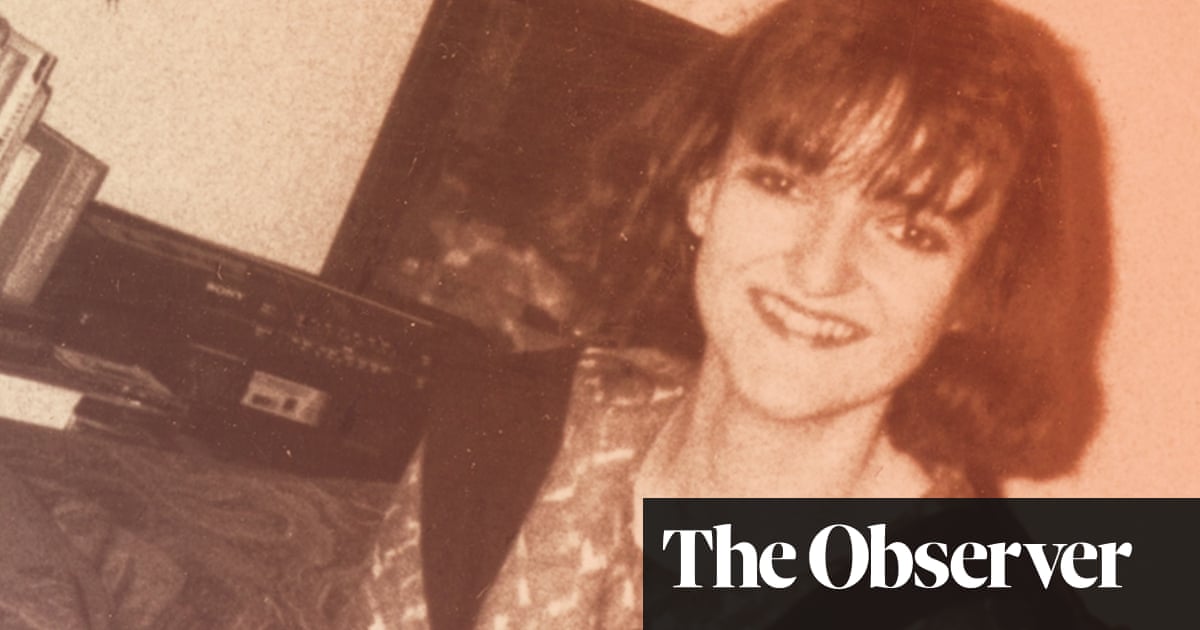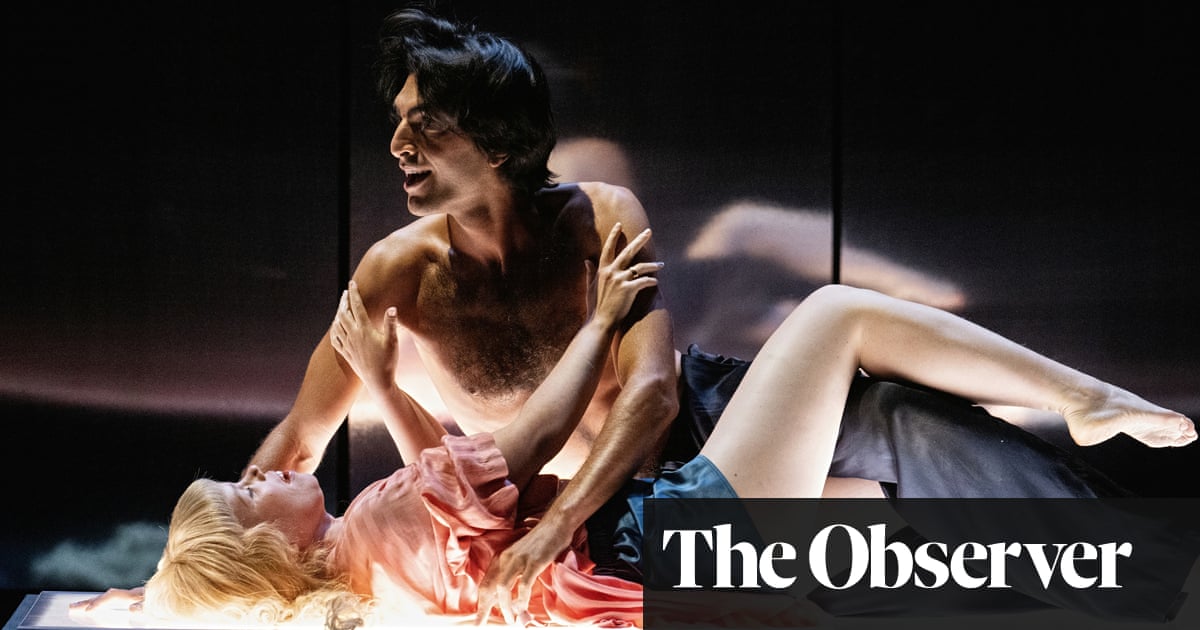
n 2016, Peter Scott-Morgan noticed that he couldn’t shake his foot dry as he got out of the bath. It was the first sign of motor neurone disease. Less than a year from that first tiny intimation of mortality, the progressive, fatal condition had taken away his ability to walk, is making eating and lavatorial functions difficult, and is moving inexorably up his body, stealing more and more vital functions as it goes.
It is his plans to fight back, however, that form the focus – at least initially – of Peter: the Human Cyborg (Channel 4). Scott-Morgan is a scientist with a PhD in robotics, an appetite for risk and no intention of going gently into that good night. When we first meet him, it takes a carer three hours to get him ready in the morning. He is losing muscle function in his arms, but that doesn’t stop him from laying the groundwork for an extraordinary programme of technological interventions. He plans a replumbing of his digestion system so that hi-tech machinery can import nutrients and export waste automatically. Permanent breathing apparatus will be added when the time comes, which will render him mute, but a voice synthesiser will allow him to speak without typing, via a brain implant. A hyper-realistic avatar will substitute for his face once the disease renders him inexpressive – an even greater blow to selfhood for this ebullient man than it would be for most – and an exoskeleton for his upper body and a self-driving vehicle for the lower will complete his transformation.
A lifelong believer in the power of science, Scott-Morgan’s conviction remains firm – and his enthusiasm contagious – that any problem can be solved, “if you are bright enough, brave enough, and have access to really, really cool technology … Let’s see,” he grins, “how far we can turn science fiction into reality.”
Men plan, but God and cruel degenerative diseases laugh. The operation on Scott-Morgan’s digestive tract is a success (“I’m set for life! I don’t know why everyone doesn’t get one of these.”) and the prototype standing device created for him provides a thrilling restoration of one facet of normality. “Just being able to stand and look around,” he says, tears threatening for the first time. “Quite extraordinary, it really is.” A first pass at developing a natural-sounding computerised voice based on hours of recordings by Scott-Morgan in a studio is disappointing but goes back to the lab for more work.
However, it soon becomes clear that the disease is progressing too fast to allow the more extreme interventions from which Scott-Morgan was hoping to benefit to take place, and the documentary turns gracefully, deepening sweetly into a heartbreaking portrait of love. Many documentaries about life-altering decisions or conditions (dementia, often, or considering the possibility of euthanasia or a pioneering but perilous treatment) become such homages in the end. Whatever the high concept or initial justification, the enduring truth of Larkin’s line emerges by the end – what will remain of us is love.
Scott-Morgan has been with his partner – husband since the very first day such a status became legally possible – Francis for 40 years. They met the day Francis had learned of a friend’s death at the hands of homophobic attackers. He is the stoic to Peter’s sunny optimism but when he recalls the day, Francis is clear. “It was love at first sight,” he says. “Suddenly all my woes went away.”
New and unfathomable ones are here now, and so still is Francis, ministering devotedly to an increasingly incapacitated Peter. The programme captures not just their relationship as it is now, in the shadow of illness but also the sense of how it was forged in the fire of homophobia and intolerance, and that Scott-Morgan’s wish to push the boundaries of science and medicine is just another manifestation of their joint commitment to a life lived on their own terms.
Nearly two years after diagnosis, the muscle wastage and paralysis has reached Scott-Morgan’s neck and throat. He decides on a laryngectomy – a huge operation that will take his voice – and a form of AI speech that will not give him control over every word it speaks for him but will work more speedily and sound more like him. What a choice to have, and what a choice to have to make.
The last word goes to him, spoken by a voice that has only the slightest hint of its robotic source. “Now is not the end of anything,” says part-cyborg Peter, even if not as far merged as he had hoped. “Now is when the fun begins.” What a man.












